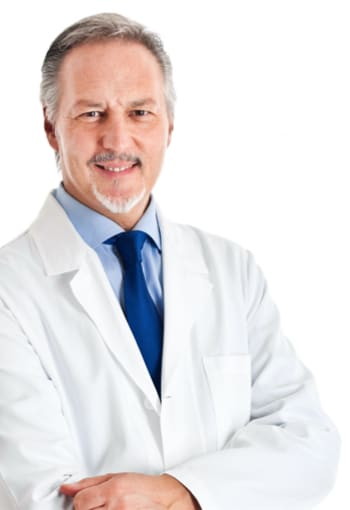What is Oral and Maxillofacial Surgery?
Oral and maxillofacial surgery is a specialty of dentistry responsible for the diagnosis and surgical and adjunctive treatment of diseases, injuries, and defects involving the functional and esthetic aspects of the hard and soft tissues of the oral and maxillofacial region. Oral and maxillofacial surgery is the surgical arm of dentistry.
What Does All This Mean For You? What is the Scope of Practice of Oral and Maxillofacial Surgery?
Oral and maxillofacial surgeons are dentists who pursue additional specialty training. The length of this rigorous surgical training is four or six years after completion of dental school. After residency, oral and maxillofacial surgeons can pursue becoming board-certified in the specialty (Diplomates of the American Board or Oral and Maxillofacial Surgery). This requires passing rigorous written and oral examinations.
The scope of practice of the oral and maxillofacial surgery specialty is quite broad, and the surgeons perform procedures in the office setting as well as in hospitals and/or ambulatory centers. Surgical extractions of impacted teeth (usually wisdom teeth) and dental implants are among the most frequently performed procedures and common reasons for referrals. Oral and maxillofacial surgeons – experts in the correction of growth abnormalities of the jaws and facial bones – perform orthognathic surgery to correct patients’ function, restore facial harmony, and treat obstructive sleep apnea. Oral and maxillofacial surgeons also perform complex reconstruction of bone and soft-tissue deficits that result from tooth loss, trauma, birth defects or tumor removal. They remove cysts and tumors – benign and malignant – from the mouth, face, and salivary glands. In addition, they treat infections of the mouth, face, and neck and perform surgeries to correct conditions of the temporomandibular joint. They are experts in treating fractures of the jaws and facial bones as well as repairing lacerations of the face and neck. For these reasons, they are essential members of the facial trauma team at community hospitals, major hospitals, and academic centers. Oral and maxillofacial surgeons also are experts in treating nerve injuries that result from trauma or surgeries in the mouth and jaws.
With extensive training in anesthesia, oral and maxillofacial surgeons are experts in providing general anesthesia/deep sedation, moderate IV sedation, minimal sedation, and local anesthesia in the office.
Many oral and maxillofacial surgeons earn their medical degree during their specialty training. Some oral and maxillofacial surgeons pursue additional fellowship (postresidency) training to further their knowledge and skills in a particular area of interest, such as head and neck cancer removal and reconstruction, cleft lip and palate/craniofacial surgery, or cosmetic surgery. Diplomates maintain their board certification with continuous education and ongoing certification maintenance program through the Diplomates of the American Board or Oral and Maxillofacial Surgery.
For more information, visit:
American Association of Oral and Maxillofacial Surgeons for patients: MyOMS.org.
American Association of Oral and Maxillofacial Surgeons: AAOMS.org.
American Board of Oral and Maxillofacial Surgery: ABOMS.org.
The full article can be accessed at JOMS.org/article/S0278-2391(20)31085-5/fulltext.
The Journal of Oral and Maxillofacial Surgery is published by the American Association of Oral and Maxillofacial Surgeons to present to the dental and medical communities comprehensive coverage of new techniques, important developments and innovative ideas in oral and maxillofacial surgery. Practice-applicable articles help develop the methods used to handle dentoalveolar surgery, facial injuries and deformities, TMJ disorders, oral and head and neck cancer, jaw reconstruction, anesthesia and analgesia. The journal also includes specifics on new instruments and diagnostic equipment, and modern therapeutic drugs and devices.

